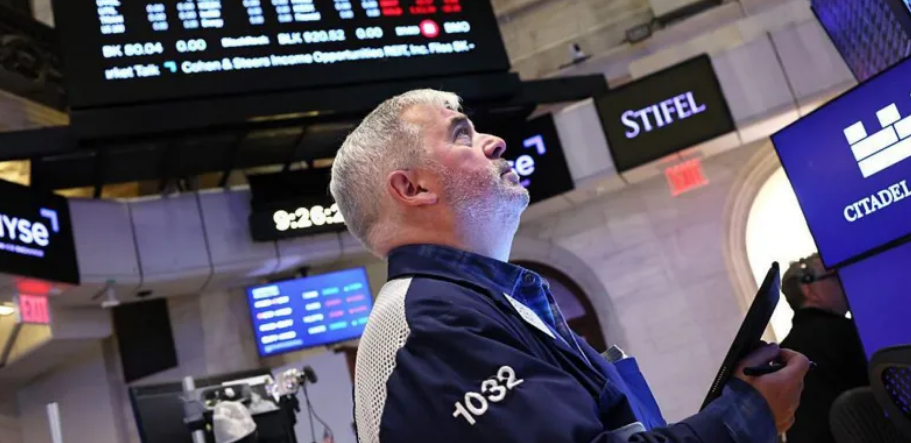U.S. stock markets capped their longest winning streak in two decades on Friday, as optimism over trade talks with China and a better-than-expected jobs report helped Wall Street recover from losses triggered by President Donald Trump’s global tariffs a month ago.
The S&P 500 and Nasdaq both climbed 1.5%, while the Dow Jones Industrial Average gained 1.4%, marking the ninth consecutive day of gains for U.S. equities — the longest such streak since 2004. The technology sector led the charge, with Microsoft and Nvidia each posting gains of over 2%.
The rally was underpinned by fresh data from the U.S. Department of Labor, which reported that employers added 177,000 jobs in April. Although hiring slowed slightly compared to the previous month, the figure surpassed analysts’ expectations and helped calm concerns about the health of the labor market. The unemployment rate remained unchanged at 4.2%.
The encouraging labor market data helped soothe investor nerves following a recent report from the Commerce Department showing the U.S. economy had contracted for the first time in three years. The combination of solid employment numbers and potential progress on trade talks appeared to renew market confidence.
“There is nothing to complain about here,” said Carl Weinberg, chief economist at High Frequency Economics. “You cannot find any evidence of a nascent recession in these figures.”
Beijing also offered a glimmer of hope for de-escalation in trade tensions, announcing that it was considering a proposal from Washington to resume talks. China, which faces the steepest U.S. import tariffs at 145%, has been at the center of the ongoing trade conflict.
For some analysts, Friday’s developments pointed to the possibility of avoiding a broader economic downturn. “The economy will weaken in the coming months,” said Seema Shah, chief global strategist at Principal Asset Management, “but with this underlying momentum, the U.S. has a decent chance of averting recession if it can step back from the tariff brink in time.”
Still, others urged caution. Olu Sonola, head of U.S. economic research at Fitch Ratings, noted that the full impact of Trump’s tariffs has yet to be felt. “The outlook remains very uncertain,” he said.
As investors look ahead, markets are likely to remain sensitive to developments in U.S.-China trade negotiations and future economic indicators.


